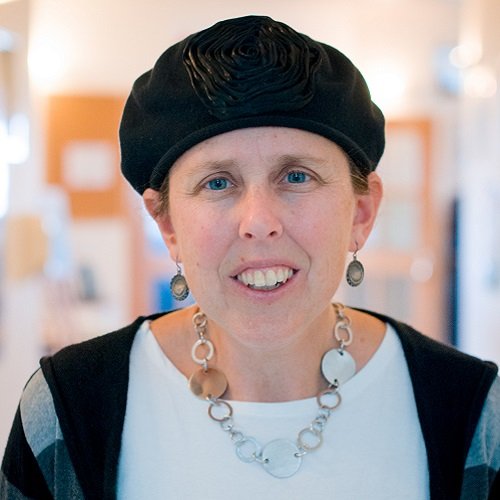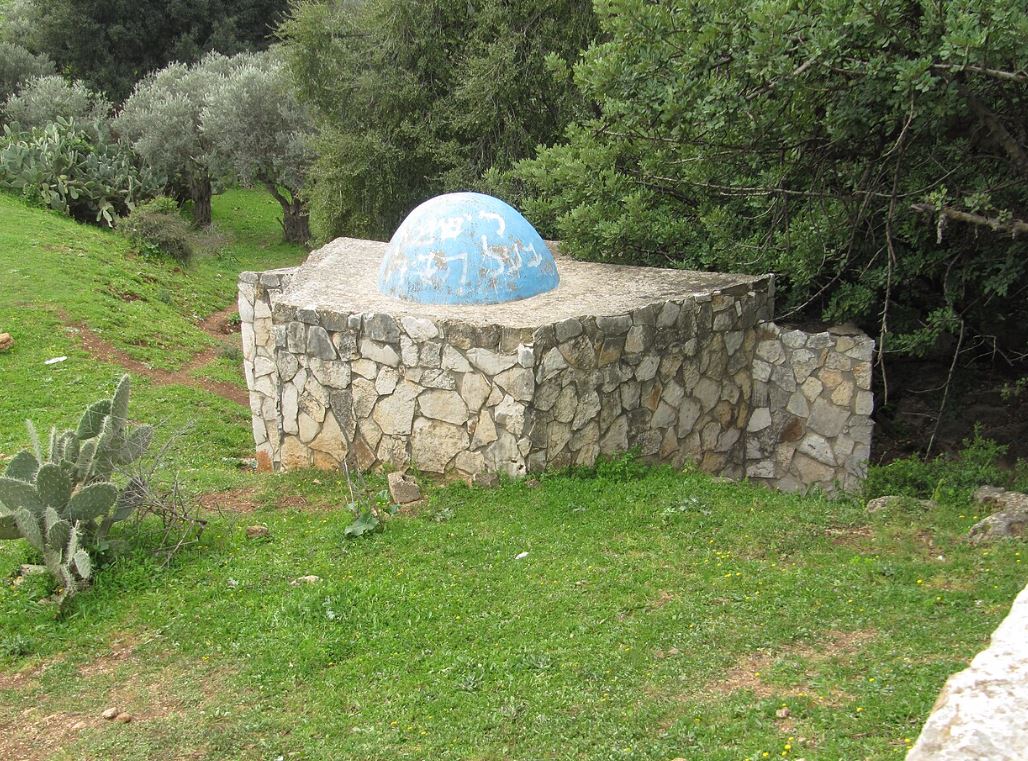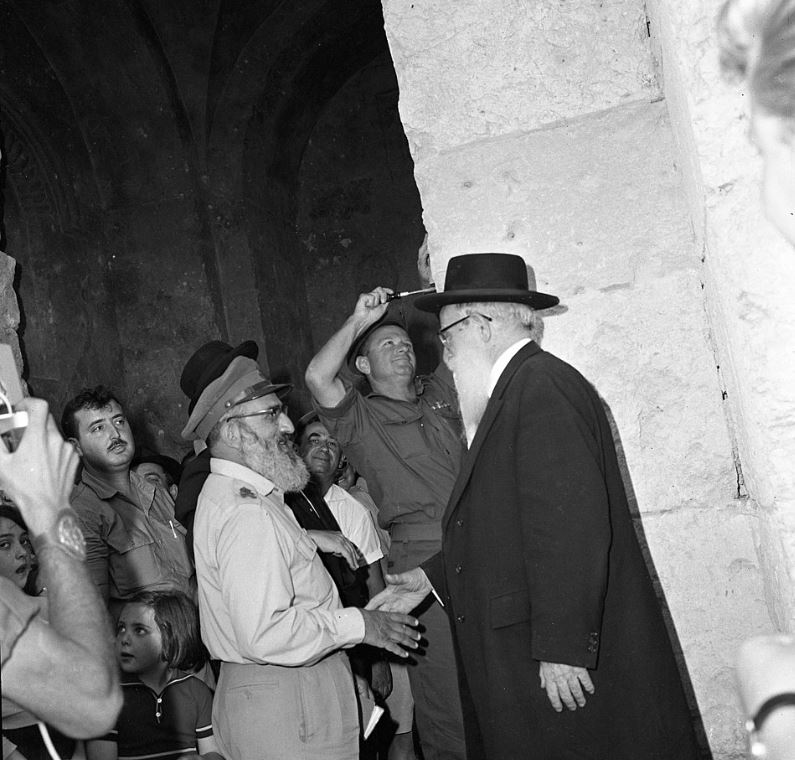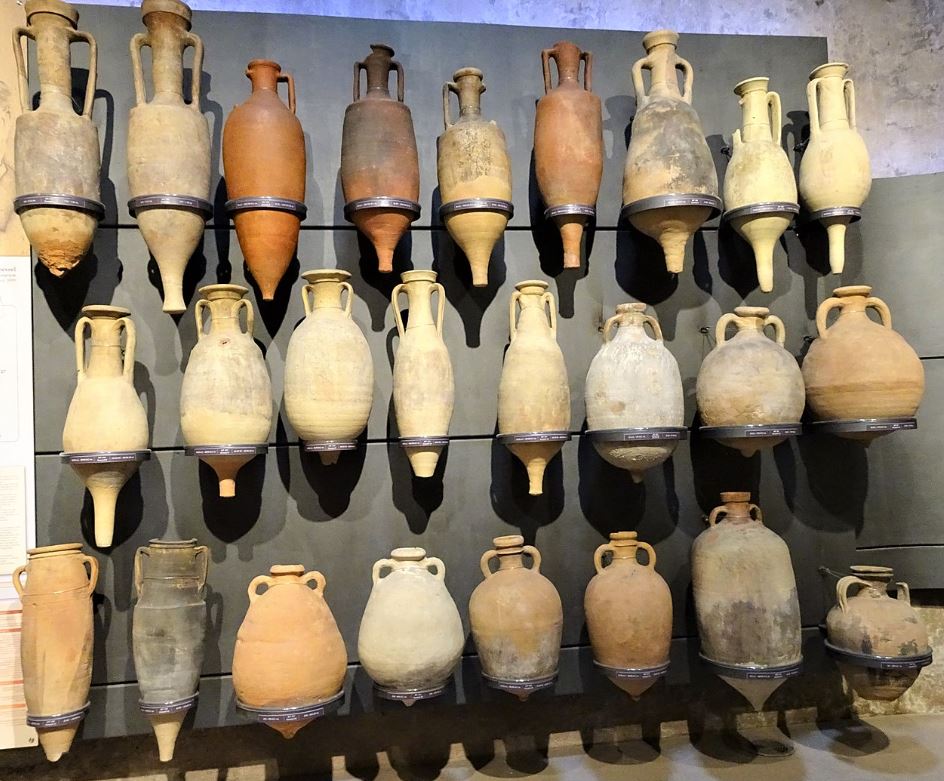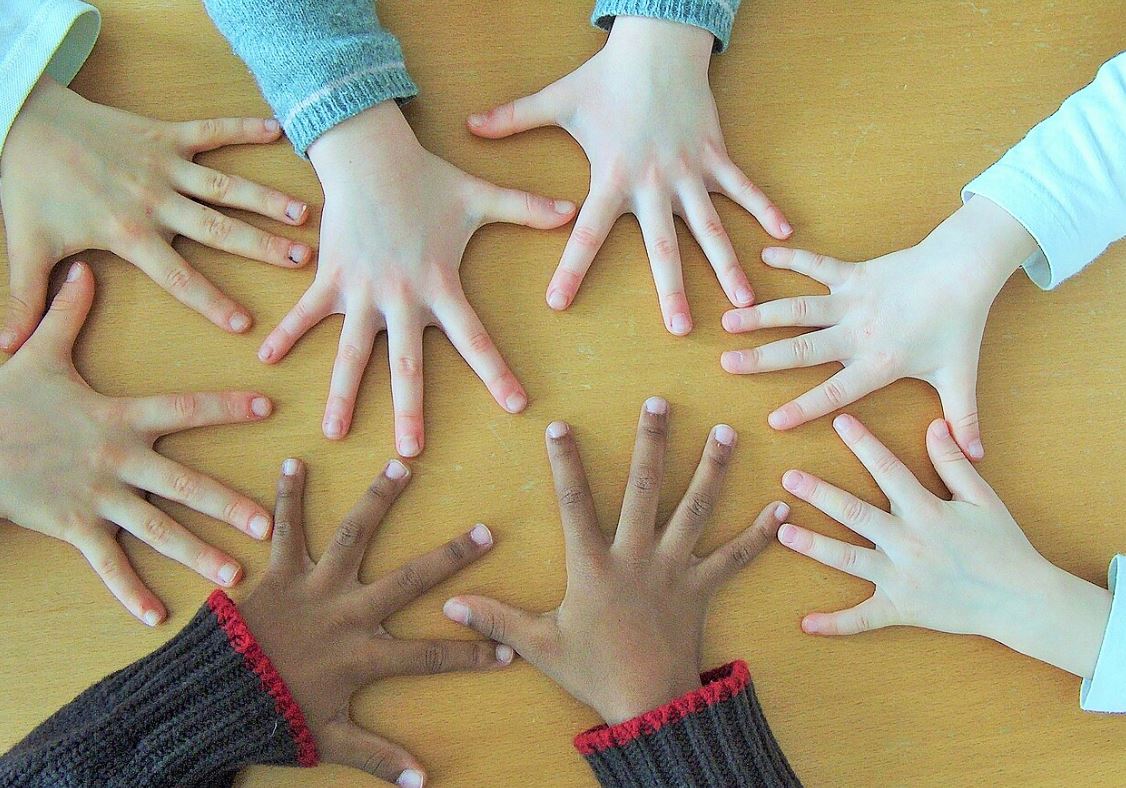“Shmuel said to Rav Yehuda ‘Shinena (sharp one) שיננא: Do not speak to your father in that manner,’ ” (Sanhedrin 80b)
A father a son and a teacher – this is the triangle presented on our daf. Rav Yehuda corrects his father Rav Yehezkel, meanwhile Rav Yehuda’s teacher, Shmuel, while using a term of endearment for him, corrects his student’s behavior. Who are our cast of characters and how do they relate to each other?
Rav Yehuda was one of the greatest of the Babylonian amoraim. He was part of the second generation of these teachers and it is told that he was born when Rabbi Yehuda haNasi died (Kiddushin 72b), meaning late second, early third century CE. This is the time that the Babylonian academies are just coming into their own. Rav Yehuda’s teachers were the two great pillars of these schools, first Rav in Sura, and after Rav’s death, Shmuel in Nehardea. His studies with these giants are evident throughout the Gemara. Rav Yehuda brings hundreds of laws in the name of Rav and in the name of Shmuel. In fact, Rashi states that ANY statement of Rav’s related after his death originated in Rav Yehuda’s study hall (Hullin 44a).
When Shmuel died, Rav Yehuda struck out on his own. He went to a new town, Pumbedita, and founded what became the quintessential Babylonian yeshiva. He, and his students, were known for their sharpness, hence the name shinena, sharp one. A backhanded compliment about Pumbedita shows how clever they were:
“Perhaps you are from Pumbedita, where people pass an elephant through the eye of a needle,” (Bava Metzia 38b)
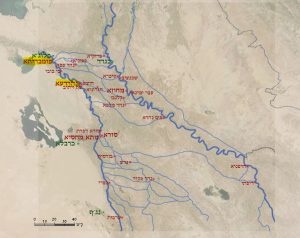
Pumbedita and Nehardea highlighted
יהונתן, CC BY-SA 3.0 <https://creativecommons.org/licenses/by-sa/3.0>, via Wikimedia Commons
Pumbedita and Nehardea were rivals and Rav Yehuda did not always see eye to eye with his counterpart in Nehardea, Rav Nahman (see here). Both teachers focused on litigating monetary cases and less on Midrash and Aggadah. Rav Yehuda had many qualities besides his learning. He was a lover of Hebrew and asserted that one may only pray in Hebrew since the angels do not understand Aramaic (Shabbat 12b). In his conflict with Rav Nahman he is constantly correcting the latter’s Hebrew. Rav Yehuda’s command of Hebrew was so great that several lyrical blessings that he composed are still used today. If you have ever said the blessing for flowering trees (Rosh HaShanah 11a) or listened to the seven blessings at a wedding (Ketubot 7b) you are hearing Rav Yehuda’s words. He also wrote the lovely blessing we say at Kidddush haLevana on the new moon:
“As Rav Yehuda says: Blessed [are You, Lord our God, King of the Universe,] Who by His word created the heavens, and by the breath of his mouth all their hosts. He set for them a law and a time, that they should not deviate from their task. And they are joyous and glad to perform the will of their Owner; they are workers of truth whose work is truth. And to the moon He said that it should renew itself as a crown of beauty for those He carried from the womb, as they are destined to be renewed like it, and to praise their Creator for the name of His glorious kingdom. Blessed are You the Lord, Who renews the months.” (Sanhedrin 42a)
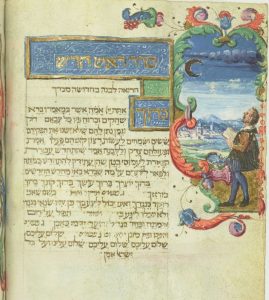
The blessing for Kiddush haLevana in a women’s siddur, 15th century
Moshe ben Hayyim Akrish, Public domain, via Wikimedia Commons
Rav Yehuda was a lover and admirer of the Land of Israel. When the rabbis try to determine what blessing to say on balsam oil they discount Rav Yehuda’s opinion because he is too smitten with Israel:
“Rav Ḥisda said to Rav Yitzḥak: This balsam oil, what blessing does one recite over it? This is what Rav Yehuda said: Who creates the oil of our land, Rav Ḥisda said to him: Except for Rav Yehuda, for whom Eretz Yisrael was beloved what does everyone else recite?” (Berachot 43a)
However, despite this love of Israel, Rav Yehuda opposed leaving Babylonia and moving there. He believed that the prophecy of Jeremiah, that the Jews will be brought to Babylonia and will stay there was a command that could not be broken until God determines that the time has come. When one of his best student’s Rabbi Zeira (see here) could not get permission from his teacher to leave, he left surreptitiously (Shabbat 41a) as did another student, Rabbi Abba:
“Rabbi Abba was avoiding Rav Yehuda, as Rabbi Abba sought to ascend to Eretz Yisrael [and his teacher disapproved,] as Rav Yehuda said: Anyone who ascends from Babylonia to Eretz Yisrael transgresses a positive commandment, as it is stated: “They shall be taken to Babylonia and there they shall remain until the day that I recall them, said the Lord” (Jeremiah 27:22).” (Berachot 24b)
Rav Yehuda had strong opinions and did not hesitate to express them, He even chastised his teacher Shmuel, for ignoring a poor woman in distress
“Rav Yehuda was sitting before Shmuel when this woman came and cried before Shmuel, and Shmuel paid no attention to her. Rav Yehuda said to Shmuel: Doesn’t the Master hold in accordance with the verse: “Whoever stops his ears at the cry of the poor, he also shall cry himself, but shall not be heard” (Proverbs 21:13)?” (Shabbat 55a)
Therefore it is no surprise that despite the need to respect his father, he is quick to correct him here on our daf. He often clashed with his brother, Rami bar Yehezkel, as well, but the latter did not back down, stating in many places that the teachings that his brother brought in the name of Rav and Shmuel are incorrect (Hullin 44a, Ketubot 21a and others).
Rav Yehezkel, Rami and Yehuda’s father, was a learned man but not the equal of his famous son. However, Shmuel had great respect for him as a baal maasim, a person of good deeds:
“Rav Yeḥezkel is different, as he was a man of good deeds, and even Mar Shmuel would stand before him.” (Kiddushin 33b)
As with any parent-child relationship, there was tension between Rav Yehuda and his father. Shmuel saw fit to teach Rav Yehuda how to properly respect his father. But Rav Yehezkel’s talents clearly were passed down to his son. Rav Yehuda studied, taught, and did good deeds like making sure that the dead have people to mourn for them (Shabbat 152a). And his poetic talent seems to have come from his father as well. A beautiful prayer that Rav Yehezkel would recite over the rain is brought by his son in the Yerushalmi:
“Rav Yehudah bar Ezekiel said, my father used to recite for rainfall: May Your Name be magnified, sanctified, praised, and elevated, our King, for every drop that You bring down to us, and you make them refrain one from the other. . . “(Yerushalmi Berachot 9:2)
רַב יְהוּדָה בַּר יְחֶזְקְאֵל אָמַר אַבָּא מְבָרֵךְ עַל יְרִידַת גְּשָׁמִים יִתְגַּדַּל וְיִתְקַדַּשׁ וְיִתְבָּרַךְ וְיִתְרוֹמַם שִׁמְךָ מַלְכֵּנוּ עַל כָּל־טִיפָּה וְטִיפָּה שֶׁאַתְּ מוֹרִיד לָנוּ שֶׁאַתְּ מַמְנִיעָן זוּ מִזּוּ..
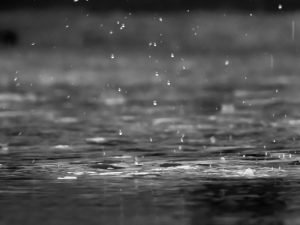
Reza Shayestehpour, UnSplash
A threefold cord is not easily broken: this verse in the book of Kohelet (4:12) is usually applied to three generations of Torah scholars. But perhaps we could apply it to the triangle of Rav Yehezkel, Rav Yehuda and Shmuel their teacher.


